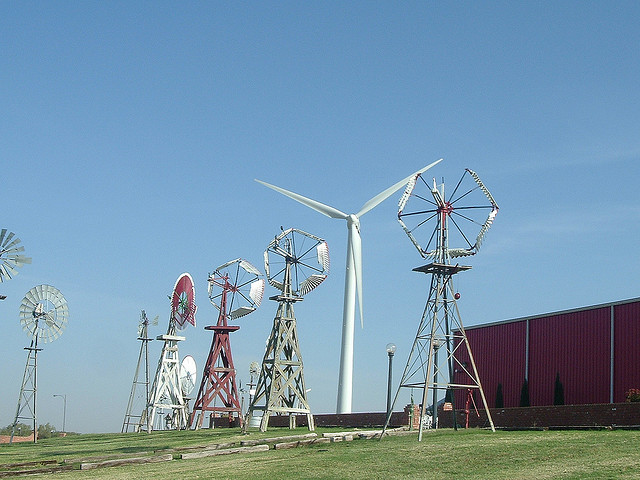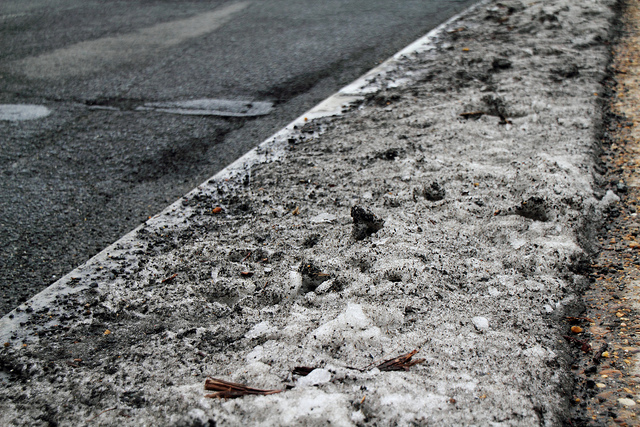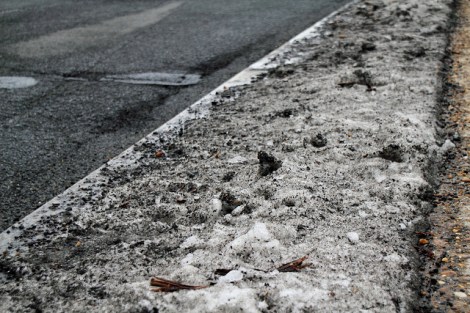The mantra “don’t eat yellow snow” will need to be extended for residents of Alberta: don’t eat yellow snow or snow adjacent to tar-sands mines. Seems like it’s obvious, but then so does the admonition about eating snow that has been urinated on.
From the CBC:
An Environment Canada study has revealed the presence of contaminants in snow near oilsands mines. …
The researchers found snow near the oilsands contained toxic substances dangerous to fish eggs. …
University of Alberta biologist David Schindler said the research doesn’t surprise him.
“Those Environment Canada studies, I think, confirm my worst suspicions,” he said.
In 2009, Schindler also found contaminants in snow near the oilsands. Later, his team discovered a fish with a tumor, believed to be linked to oilsands contamination.
Canada’s Conservative government, which has previously worked to protect oil-sands development from opponents, isn’t happy about revelations like these. Note this remarkable sentence from that CBC article: “The Conservative government insists scientists are bureaucrats and can’t say things that might be seen as offering an opinion on government policies.”
Think about that. The government believes that its scientists are not allowed to say things that could be seen as “offering an opinion” on official policies. So if a government scientist said, say, “This oil-sands mine is giving fish tumors,” that could be seen as offering an opinion on a policy of, “We must extract these oil sands regardless of who or what gets a tumor.” I’m not sure that’s formal government policy, but it certainly could be.
One bright spot — eating the oil-sands-contaminated snow may not actually do you any harm. The study, the CBC notes, “doesn’t say anything about the potential effect on mammals that eat snow.”
But, then, eating urine-soaked snow isn’t going to harm you either.





